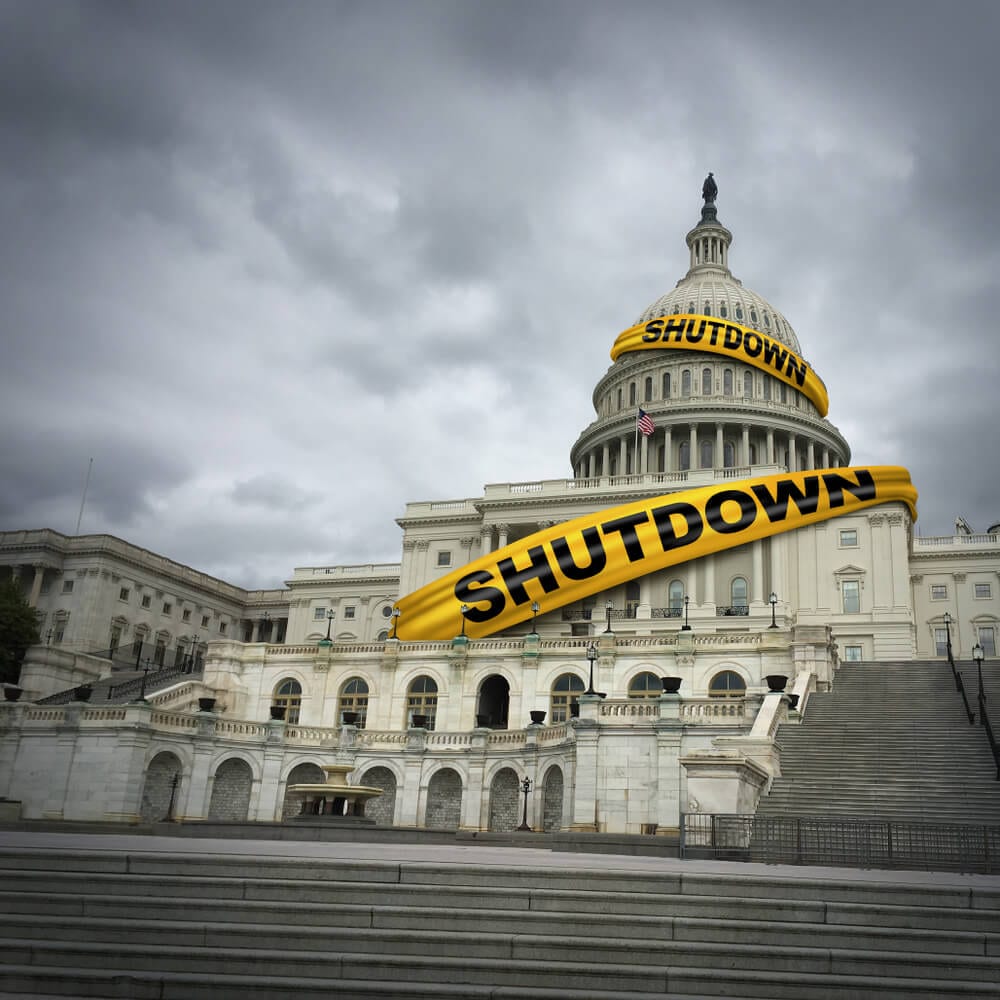A potential government shutdown is looming as Congress faces a stalemate over the federal budget for the upcoming fiscal year. The inability of lawmakers to reach an agreement threatens to halt government operations, affecting millions of Americans and potentially impacting the nation’s economy. This article explores the key issues contributing to the budget impasse, the roles of political leaders, and the potential consequences of a government shutdown in 2024.
The Federal Budget Standoff in Congress
Partisan Divisions Intensify
The primary cause of the budget deadlock is the deep partisan divide within Congress. Key points of contention include:
- Spending Priorities: Disagreements over allocations for defense, education, healthcare, and infrastructure.
- Policy Riders: Contentious provisions related to immigration, environmental regulations, and social programs.
- Debt Ceiling Concerns: Debates over raising the debt limit to accommodate increased spending.
Leadership Challenges
Congressional leaders are under pressure to unite their parties and find common ground:
- House Speaker’s Role: The Speaker must navigate between the demands of their party’s factions and the need for bipartisan support.
- Senate Dynamics: The Senate Majority Leader seeks to advance legislation that can pass with a filibuster-proof majority.
Potential Impacts of a Government Shutdown
Disruption of Federal Services
A government shutdown would lead to:
- Closure of Agencies: Non-essential federal agencies and services would cease operations.
- Suspension of Programs: Delays in processing Social Security benefits, tax refunds, and other government assistance.
- National Parks and Museums: Closure of public sites, affecting tourism and local economies.
Federal Employees Affected
- Furloughs: Hundreds of thousands of federal employees would be temporarily out of work without pay.
- Essential Personnel: Some employees would be required to work without immediate compensation, impacting morale and financial stability.
Economic Consequences
- Market Uncertainty: Financial markets may react negatively, leading to volatility.
- Credit Rating Risks: Prolonged shutdowns could jeopardize the nation’s credit rating, increasing borrowing costs.
- GDP Impact: Reduced government spending may slow economic growth.
Congressional Efforts to Prevent the Shutdown
Negotiations Intensify
Lawmakers are exploring various avenues to avert the shutdown:
- Continuing Resolutions: Temporary funding measures to keep the government running while negotiations continue.
- Bipartisan Talks: Efforts to reach across the aisle to find acceptable compromises on key issues.
Obstacles to Agreement
- Ideological Standoffs: Hardline positions on both sides hinder progress.
- Time Constraints: Limited time before the funding deadline increases pressure and reduces deliberation opportunities.
Historical Context of Government Shutdowns
Previous Shutdowns
The United States has experienced several government shutdowns due to budget impasses:
- 2018-2019 Shutdown: Lasted 35 days, the longest in U.S. history, primarily over border security funding.
- 2013 Shutdown: Lasted 16 days, centered around debates on the Affordable Care Act.
Lessons Learned
- Economic Toll: Past shutdowns have cost the economy billions of dollars.
- Public Discontent: Government shutdowns often lead to decreased public trust in elected officials.
- Pressure on Lawmakers: Constituent frustrations can motivate Congress to expedite resolutions.
Public Reaction and Stakeholder Concerns
Impact on Citizens
- Service Interruptions: Delays in government services can affect daily life, from passport processing to loan approvals.
- Financial Strain: Furloughed employees may struggle to meet financial obligations.
Business Community Response
- Economic Uncertainty: Businesses may delay investments and hiring due to instability.
- Advocacy for Resolution: Industry groups often urge Congress to act swiftly to minimize economic disruption.
The Role of the Executive Branch
Presidential Influence
- Budget Proposals: The President submits a budget proposal outlining spending priorities.
- Negotiation with Congress: The administration engages with congressional leaders to advocate for its agenda.
Executive Actions
- Mitigating Measures: The administration may take steps to lessen the shutdown’s impact on essential services.
- Public Messaging: Communicating with the public to provide updates and manage expectations.
Potential Outcomes and Resolutions
Possible Scenarios
- Last-Minute Agreement: Congress reaches a compromise before the deadline.
- Short-Term Funding: Passage of a continuing resolution to extend negotiations.
- Extended Shutdown: Failure to agree leads to a prolonged government closure.
Long-Term Implications
- Policy Shifts: The shutdown may influence future budget negotiations and policy priorities.
- Electoral Consequences: Public dissatisfaction could impact upcoming elections and party standings.
The threat of a government shutdown in 2024 underscores the critical importance of effective governance and bipartisan collaboration. As Congress deliberates on the federal budget, the nation watches closely, aware of the significant stakes involved. Resolving the budget impasse is essential not only to maintain government operations but also to uphold public confidence in the nation’s leadership and democratic processes.

